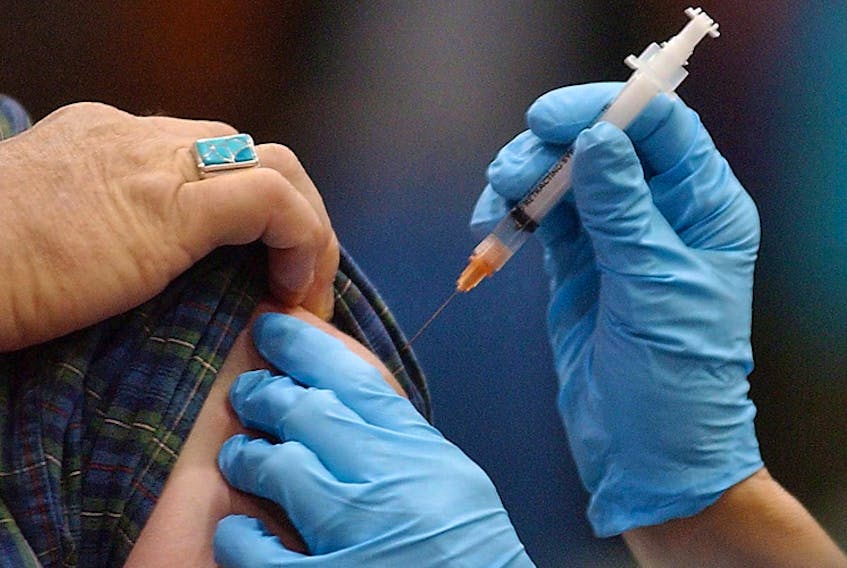TRURO, N.S. — It’s shaping up to be a typical flu season in northern Nova Scotia.
The northern region’s medical officer of health Dr. Ryan Sommers said the respiratory watch in Nova Scotia and the flu watch across the country is indicating that while there have been some lab-confirmed cases of influenza things aren’t bad.
“The past couple of weeks, over the holidays, it was pretty good. We have had laboratory confirmed cases of influenza in the province and a couple of positive swabs in the fall, but we haven’t had too much so far,” he said. “What we’re hearing from our emergency room colleagues is they’re seeing a number of coughs and colds, but it’s something associated with the common cold virus.”
Sommers said this is pretty normal for the start of winter in the region, but the situation will be closely monitored including checking swabs from emergency rooms and watching if there are any respiratory outbreaks in long-term care facilities and in the school system.
“So far, we haven’t seen a lot of influenza yet,” he said. “Sometimes we’ll see some cases in November and December and we usually begin to see an uptick as we move through January. So far, we really haven’t seen that.”
The flu season can extend into April or May.
Sommers said the flu in Canada appears to be Influenza A as opposed to type B that impacts more younger people and seniors. It is possible to see both during the flu season.
It also appears as though the flu hasn’t been as bad across the country. Sommers said the flu vaccine is usually based on conditions in the southern hemisphere, which has its winter when North America, including Nova Scotia, is having summer. For the most part it was a quiet flu season there and he is confident the flu vaccine in Canada has been a good match this year.
“Most of our positive results are type A,” he said. “I’m speculating, based on what we saw in the southern hemisphere, we’ll see an H3N2 flu strain, which is pretty common.”
Saying that, he added it’s not too late to get a vaccine – especially if you are a member of a high-risk groups and their family members as well as health care, law enforcement and fire services.
Flu vaccines are available at pharmacies, family doctors and other primary health care providers. It takes 10 to 14 day following vaccination for the immune system to be activated against the flu virus.
Practising personal hygiene, especially washing hands, is important in preventing the flu. If you get sick, he said, stay home and keep an eye out for fever and coughing that leaves you out of breath.









